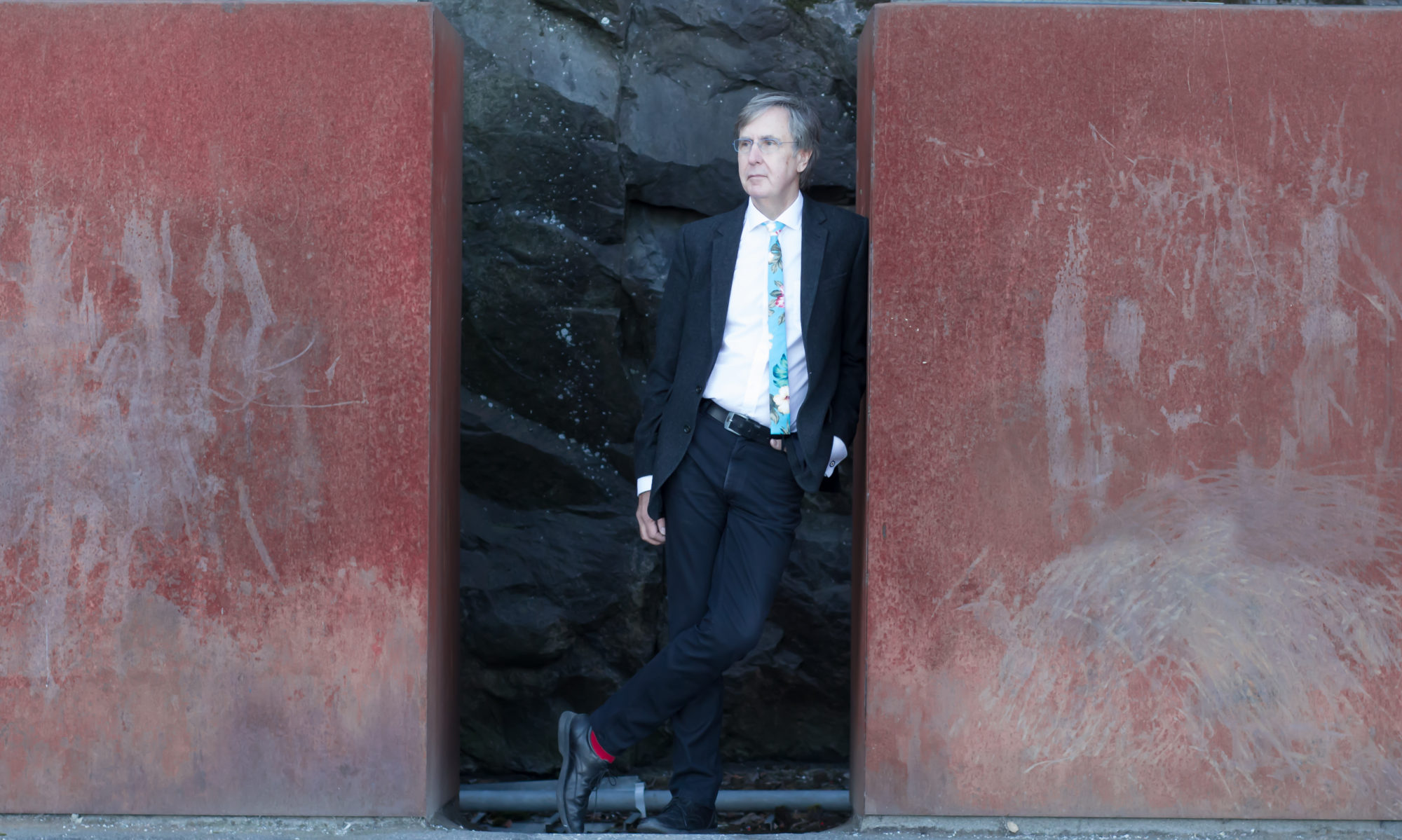The other day I listened to Charles Leadbeater, former editor at Financial Times, now thinker, debater and author. He described the post war eras:
- 1945-1960 The era of need and necessities, when we wanted what we could get. A time for mass production and mass consumption.
- 1960-1980/1990 The era of desire, when we moved from ”I need” to ”I want”, ”I can” and ”I do”.
- 1990-2005 Business tried to catch up with the desire of the customers by ”mass customization”.
- 2005- The karaoke era where everybody participates. Anyone can grab a microphone and take part. No matter what the conversation, there are always people wanting to make their voices heard.
When Charles worked for Financial Times less than 5% of those who wrote letters to the editor, were published, and then heavily edited. On the debate pages only well knowns or friends of the editor appeared. Now anyone can make themselves heard in blogs, podcasts, MySpace …
Business logic is changing from traditional value chains from design production to sales, where the company has control over every stage. Now we are seeing interaction with customers and citizens involved at every step. We are using these possibilities for:
- Greater freedom of choice
- Creating services together. When people know what they want they want to join the conversation about their needs.
- Self-management – we get the tools to make or create what we want.
We want to engage in that which is important for us like being born, getting married, having children, falling seriously ill, dying …
More and more companies and organizations are seeing the new business logic and creating opportunities for interaction, participation and self-creation. The difficulty lies in breaking established patterns as to who does what. If a company with a million customers gain access to their time gets resources corresponding to 1000 full time employees.
Public sector is having the greatest difficulties with the transition. Much de-pending on it being led by politicians believing that they have the monopoly on democracy and citizen participation. But also as many of the staff see themselves as professionals and diminish the qualifications of others.

